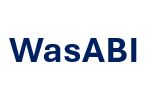
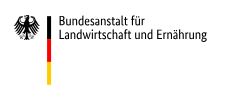
Development and demonstration of a modular, container-based water treatment system to increase the sustainability of aquaculture to integrated multitrophic aquaculture with oxidative hygienisation and coupling to biogas plants for cascaded residual material utilisation and mutual heat regulation.
As part of the project, synergies between different production systems - in particular aquaculture and biogas utilisation - are being scientifically investigated. With the help of computer models and test results, concrete recommendations can be made on the use of modular water purification systems and the efficient utilisation of residual materials in biogas plants. Integrated energy management supports the planning of new biogas plants in the immediate vicinity of aquacultures, which can serve as heat consumers. The aim is to make it easier for operators of existing plants to comply with wastewater standards and to enable multiple utilisation of the water.
The aim of the project is to develop a container-based water treatment system that can be integrated into traditional aquaculture facilities in a space-saving and cost-efficient manner. This modular water treatment system should enable the operators of existing plants to fulfil the necessary quality requirements for the discharged wastewater or to use the water several times. A computer model to be developed will enable plant-specific scaling. Wastewater treatment focuses on mechanical purification, biological purification in the form of nitrification and denitrification, as well as hygienisation using innovative photocatalytic oxidation or oxidation by diamond electrode. Two further purification options are nutrient elimination with a hydroponic component for plant production and the utilisation of the module's organic residues (e.g. aquaculture sludge and hydroponic residues) in biogas plants. The computer model can record the water load using integrated measurement and control technology and manage the water flow through the purification stages based on this. Computer modelling and the test results make it possible to make specific recommendations on the use of water purification containers and the efficient use of residues in biogas plants and, thanks to integrated energy management, can be used as a basis for planning new biogas plants in the immediate vicinity of aquacultures as heat acceptors. Such a "plug-and-play" system with an integrated water and energy management model, which can be utilised in a variety and scale of aquaculture systems, improves both the ecological footprint of traditional aquaculture and the self-sufficiency of sustainably produced food in Germany and worldwide. At the same time, the decentralised supply of renewable energy can be strengthened.
The research here is tough.


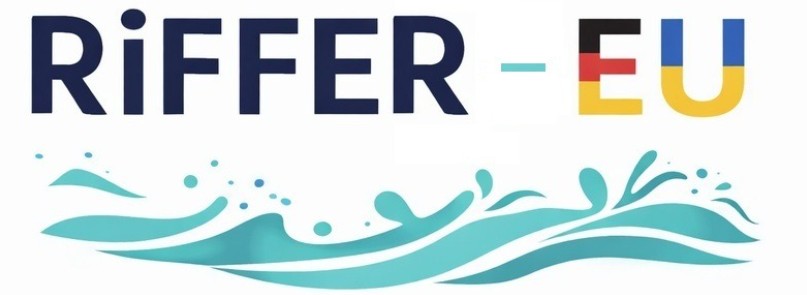


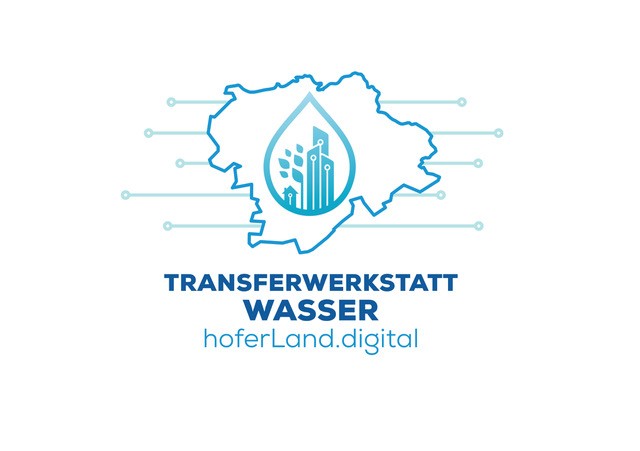
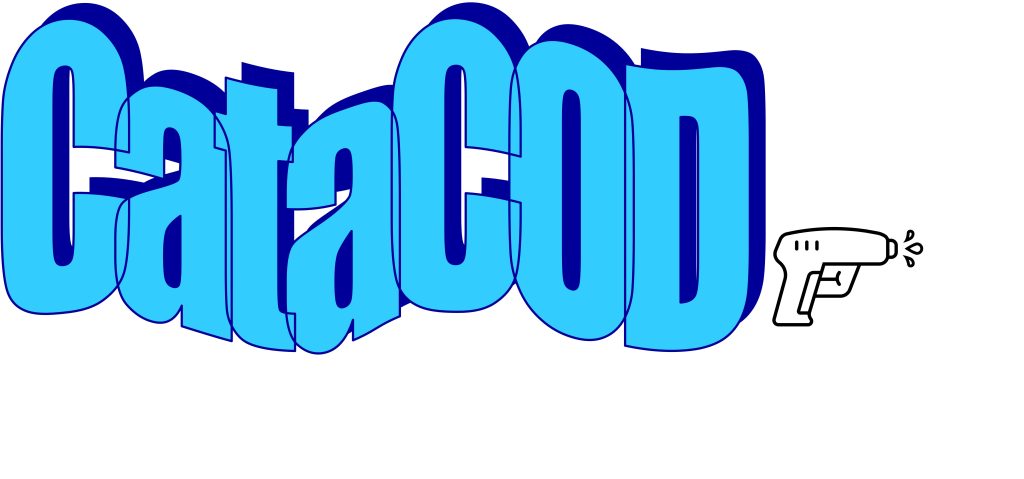



News about the inwa and its events.